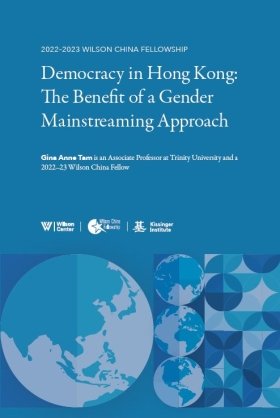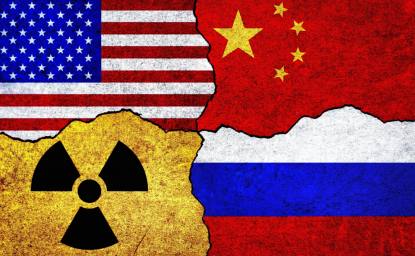Democracy in Hong Kong: The Benefit of a Gender Mainstreaming Approach


In June 2019, millions of Hong Kong citizens marched in opposition of an extradition bill, spearheading a movement that evolved into a broader campaign for a more democratic government and autonomy from the PRC. Among policymakers, the movement also became representative of the global fight against authoritarianism and a key focal point of the US government’s efforts to support democratic movements around the world. Historically, this movement is the most recent example of a long history of Hong Kong’s democracy movement, which began in earnest during the colonial period. And while the world has long paid attention to Hong Kong’s struggle for democracy, we have often paid little attention to the significance of women to its goals, tactics, and achievements. The purpose of this paper is to highlight the importance of women to the fight for democracy in greater China, with a particular focus on Hong Kong’s democracy movement of the 1980s. This focus on gender will not only reveal a more complete picture of Hong Kong’s fight for democracy, but also give a new understanding to how a democratic society—one in which political power, broadly imagined, is truly shared among citizens—can be built and sustained, not just in present-day Hong Kong, but in the broader Sinosphere.
Author

Associate Professor of Modern Chinese History and the co-director of Women and Gender Studies at Trinity University in San Antonio, Texas

Kissinger Institute on China and the United States
The Kissinger Institute works to ensure that China policy serves American long-term interests and is founded in understanding of historical and cultural factors in bilateral relations and in accurate assessment of the aspirations of China’s government and people. Read more

Explore More
Browse Insights & Analysis
US Inaction Is Ceding the Global Nuclear Market to China and Russia

360° View of How Southeast Asia Can Attract More FDI in Chips and AI



